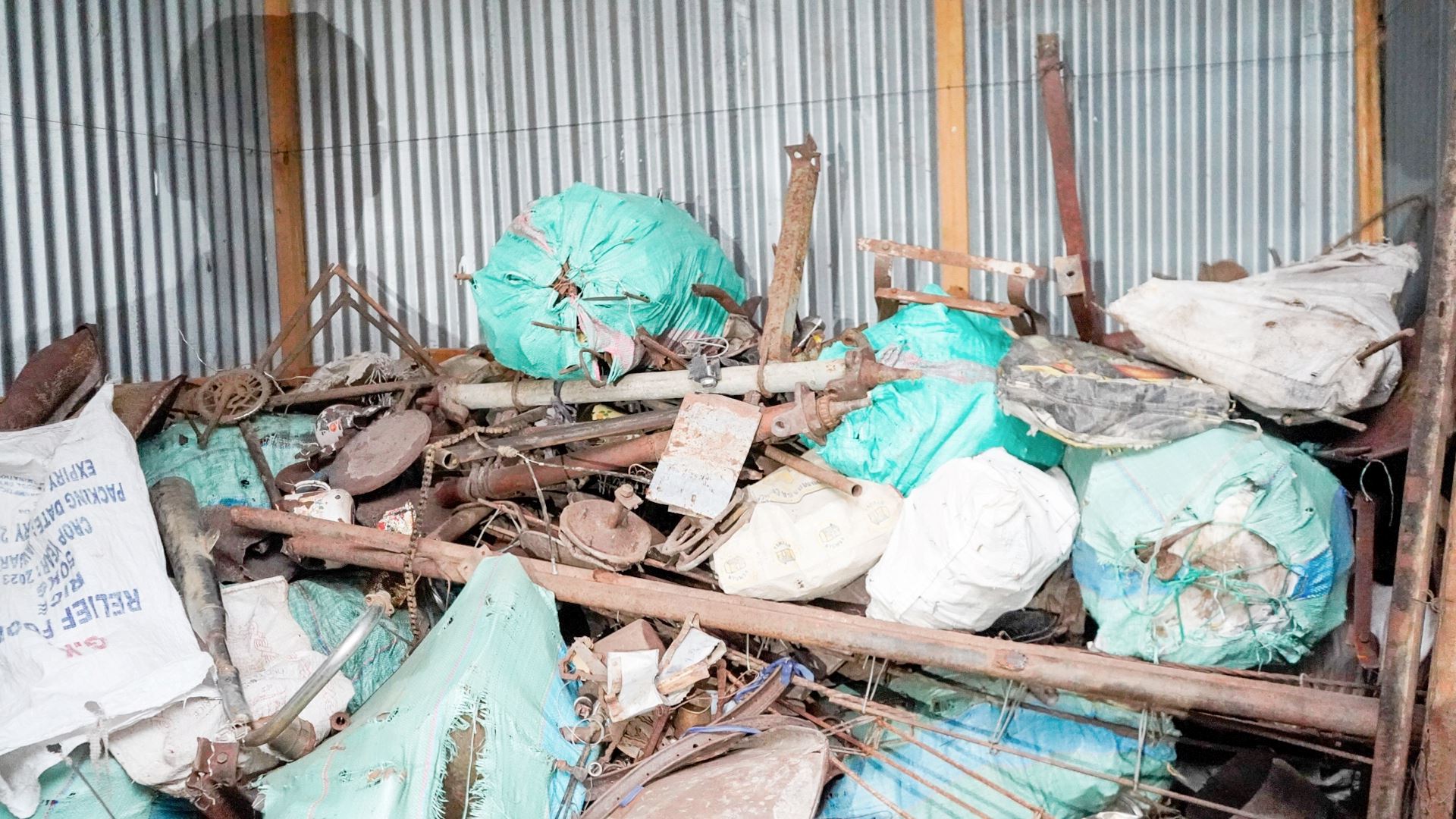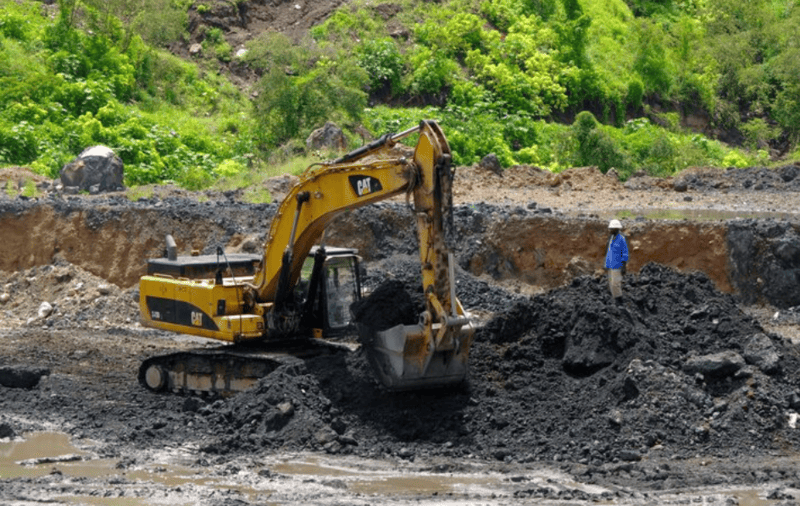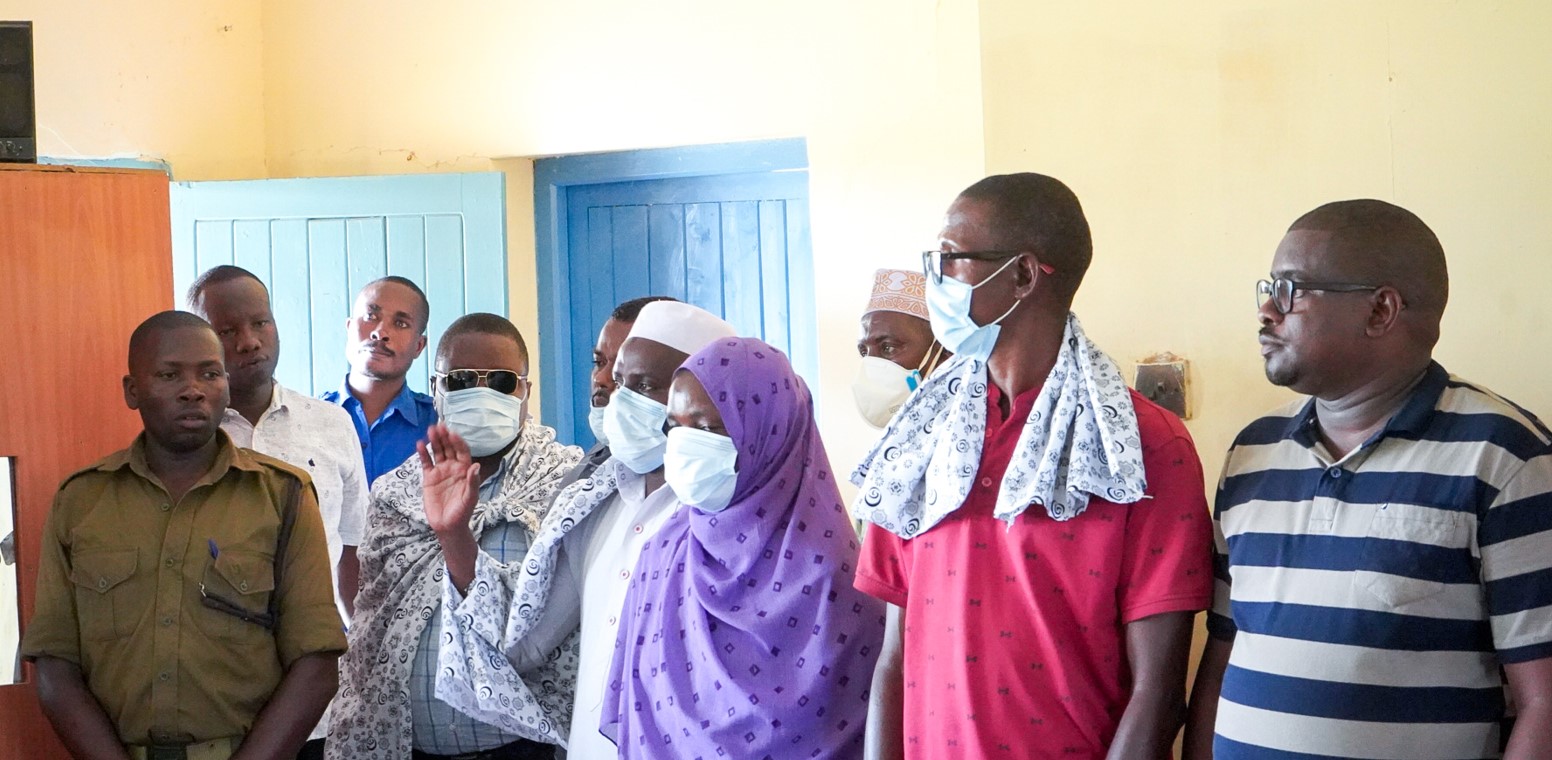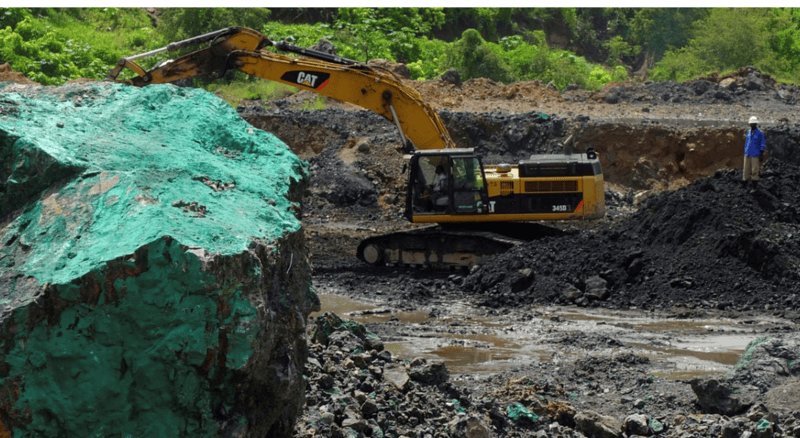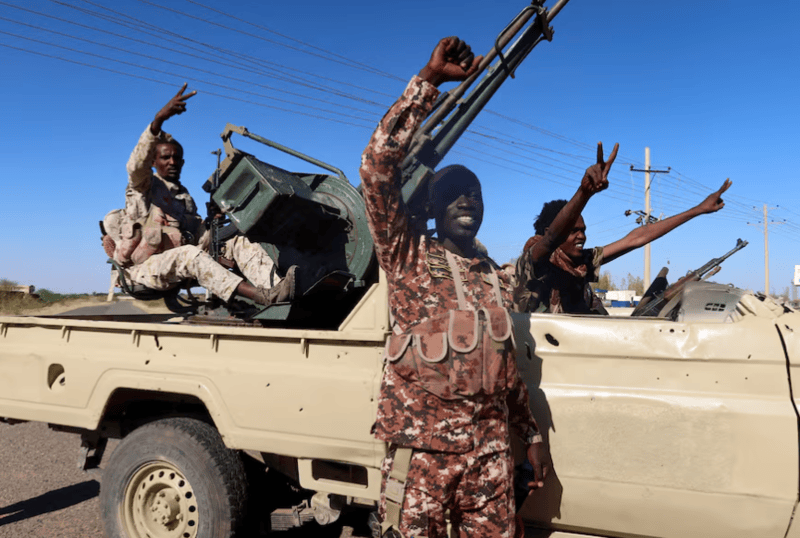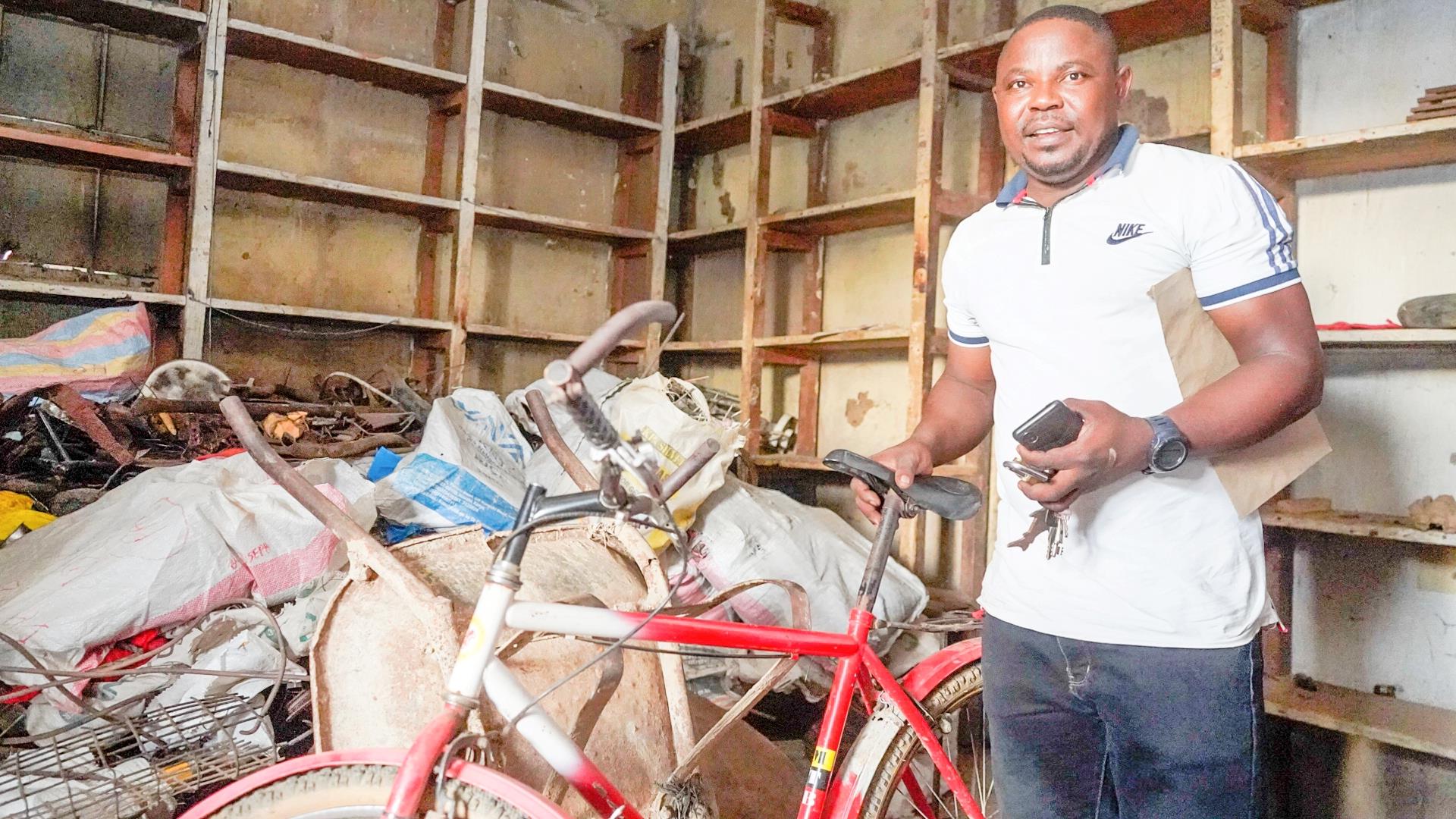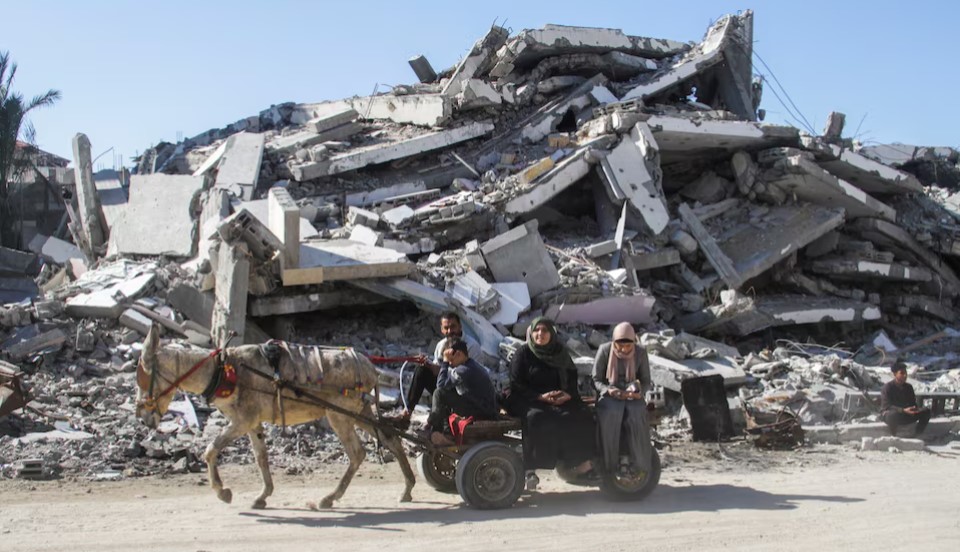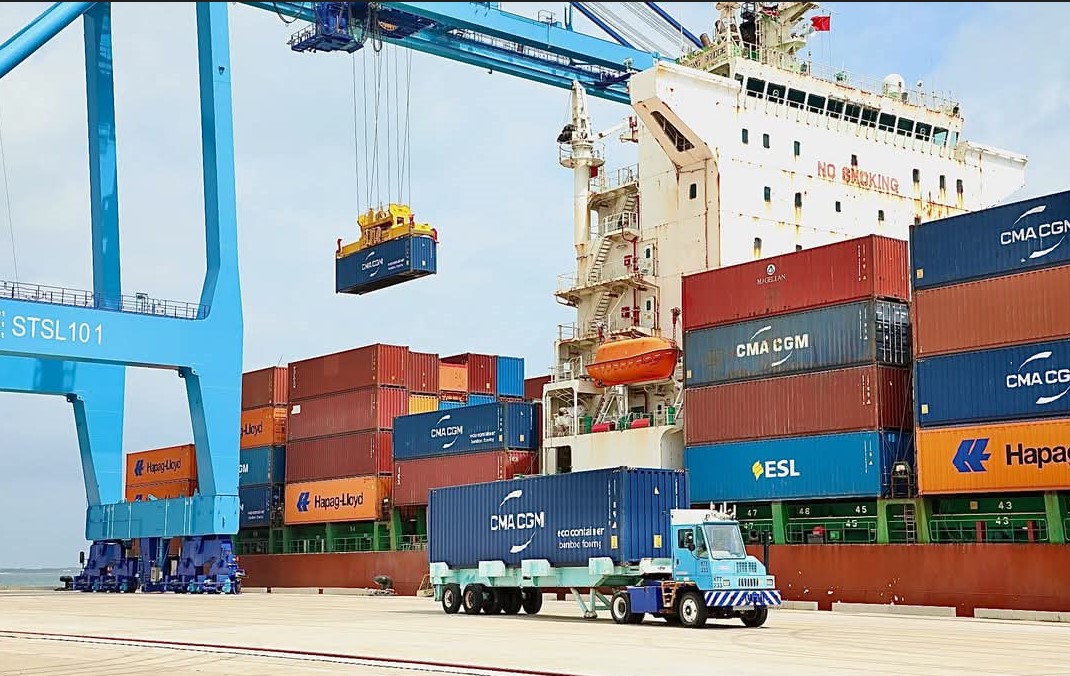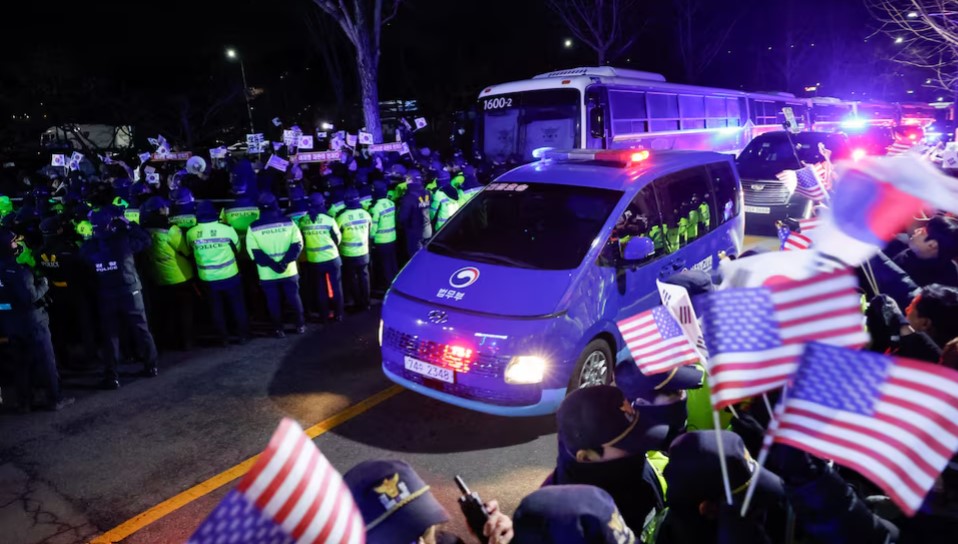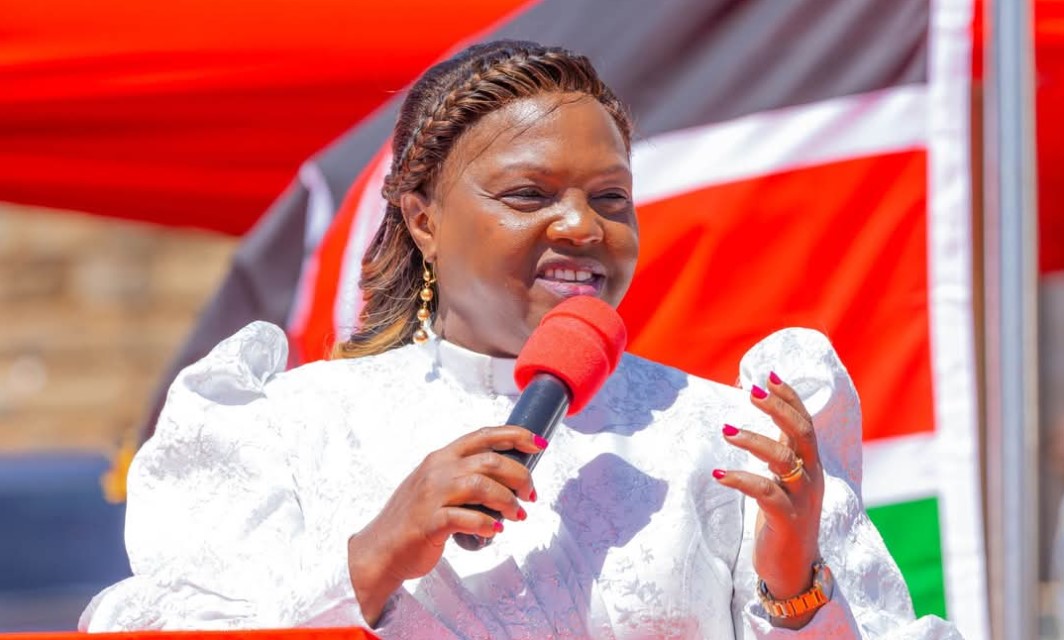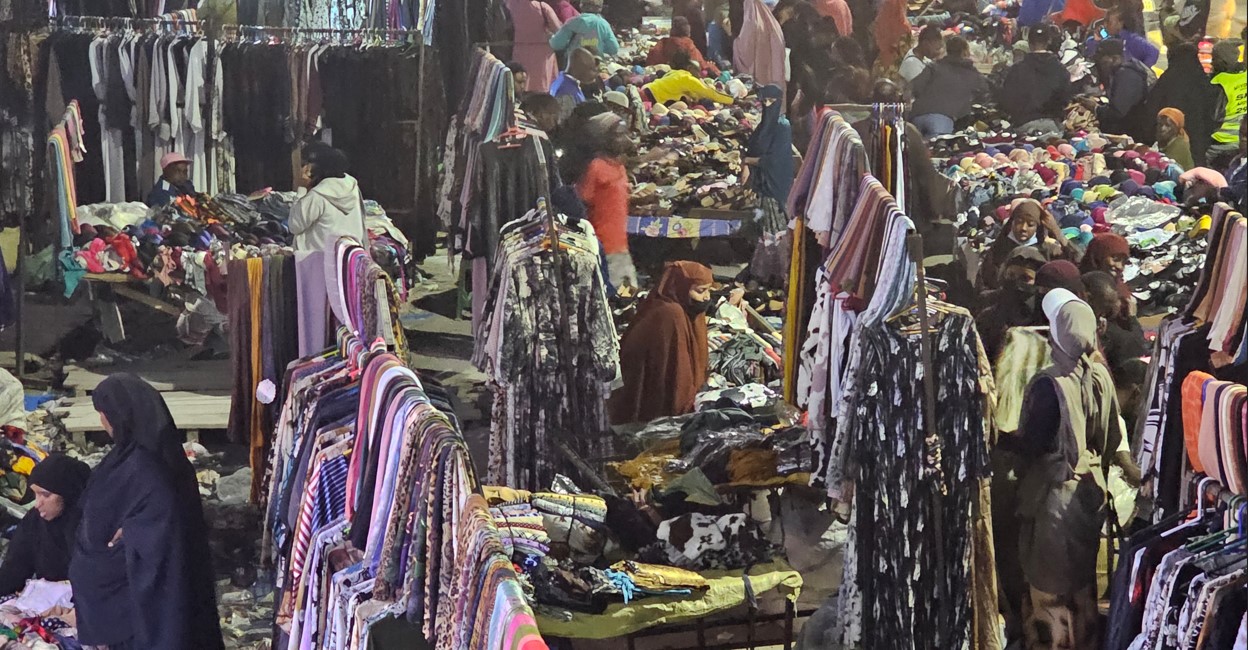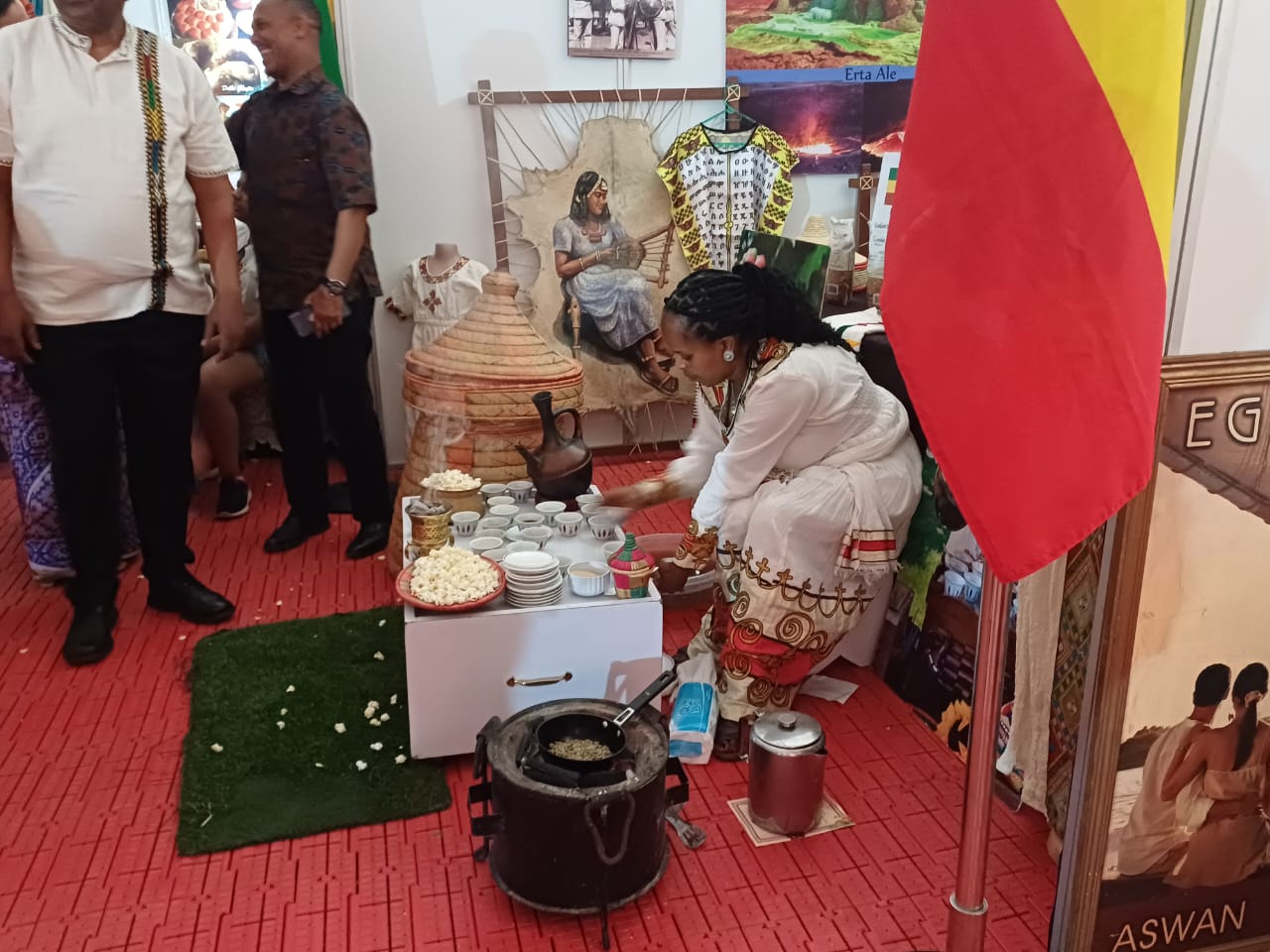Southern African leaders meet in Lusaka to review DRC crisis
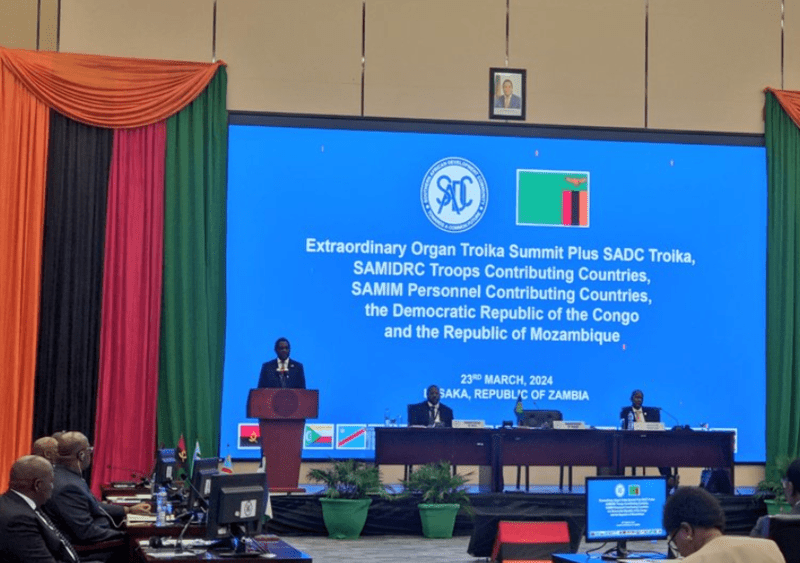
An update on the progress of the Southern African mission deployed in the eastern DRC to quell violence and restore sanity will be provided, including the hits and misses.
Leaders from Southern Africa's regional bloc met on Saturday in Zambia's capital of Lusaka to review the security situation in the eastern part of the Democratic Republic of the Congo (DRC).
The extraordinary summit being attended by Southern African leaders, including Congolese leader Felix Tshisekedi, is being chaired by Zambian leader Hakainde Hichilema in his capacity as the Chairperson of the SADC Organ on Politics, Defence, and Security Cooperation.
More To Read
- DR Congo justice ministry orders probe into $300 million embezzlement in state mining company
- UN Envoy Huang Xia condemns escalating violence in Eastern DRC, urges dialogue
- Rwandan Foreign Minister accuses US and EU of bias in M23 conflict statements
- Ethiopian Airlines partners with DRC to launch Air Congo
The SADC Organ is an institution of SADC, that is responsible for the promotion of peace and security in the region.
An update on the progress of the Southern African mission deployed in the eastern DRC to quell violence and restore sanity will be provided, including the hits and misses.
Only South Africa, Malawi, and Tanzania deployed troops from the bloc. But this mission has already suffered some setbacks.
Two South African soldiers were killed in January and three injured when a mortar landed at their base in eastern Congo.
In the past week, fighting between DRC armed forces and the M23 rebel group has forced thousands of people to pack up what belongings they can carry and flee often on foot to safer areas, such as the regional capital of Goma, even though the rebels are closing in on the city.
The DRC has been grappling with numerous rebel factions in its resource-abundant eastern region for decades, with an estimated count of around 100 groups.
These conflicts stem from regional wars in the 1990s, triggered by Rwanda's pursuit of genocidaires responsible for the 1994 mass killings of Tutsis, which spilt over into Congolese territory.
The primary motivation for most of these groups is the desire to control valuable natural resources such as cobalt and copper, both essential materials for electronics manufacturing.
#SADC has convened us in #Zambia for an Extraordinary Summit to explore lasting solutions to security challenges in DRC and Mozambique. We will also examine food security preparedness for member states ahead of a looming #ElNino spell.#ProsperingTogether pic.twitter.com/NLdrefl7IP
— Dr. Lazarus Chakwera (@LAZARUSCHAKWERA) March 22, 2024
Top Stories Today
